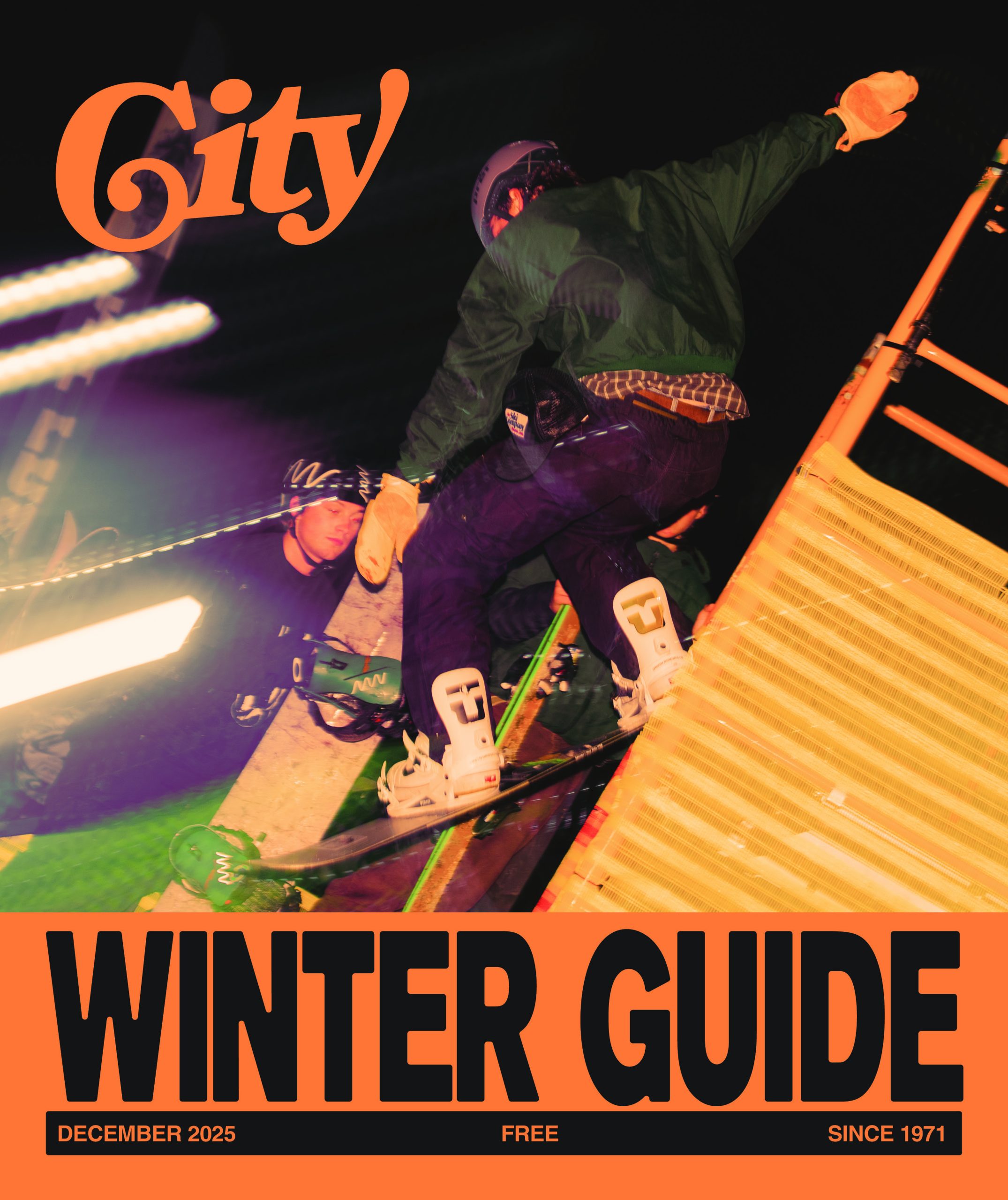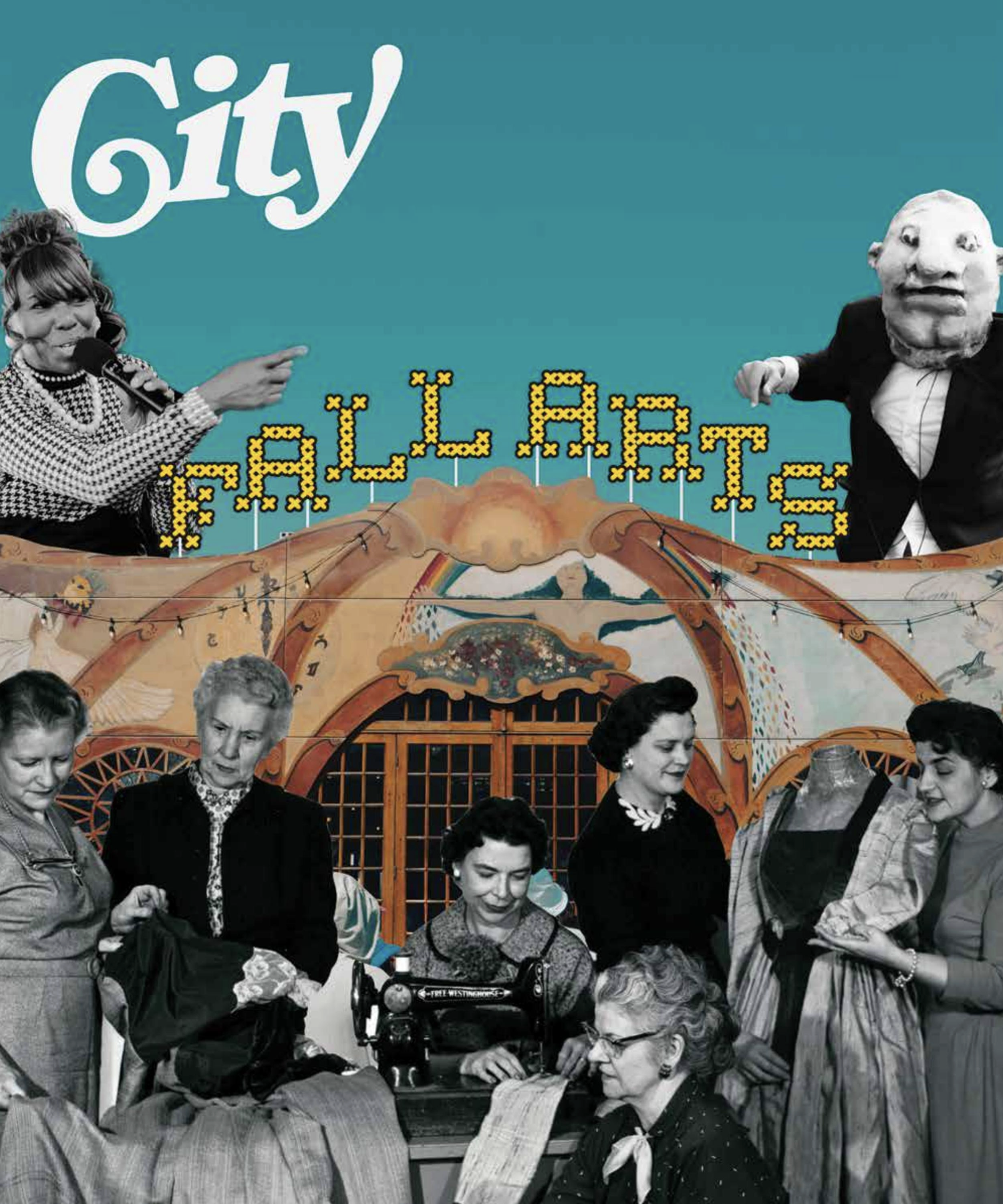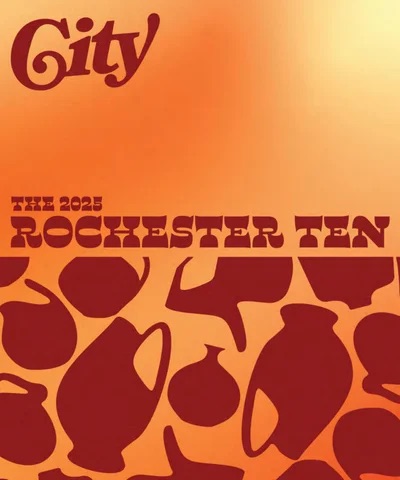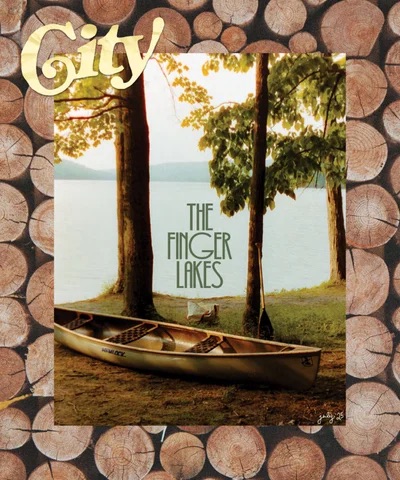
Steve Majors calls his book “High Yella: A Modern Family Memoir.” It is not a memoir of fond memories.
“Growing up in Batavia, rural white Batavia, as a Black family, it was nobody else’s business why I looked different,” Majors says. His mother, who was Black, had an affair with a white man while she was separated from her husband.
“And she didn’t feel she had any obligation to explain who I was, other than I was her son,” he says. “She didn’t have to explain why I may look different than my siblings.”
And while “I looked dramatically different from everyone in my family, I didn’t give voice to it.”
Yet Majors had to answer many questions. If not for others, for himself. Questions of his mixed-race background and his sexual identity. Questions Majors will answer at 7:30 p.m. Wednesday, April 26 when The Brockport Writers Forum presents “The Art of Fact Reading with Steve Majors,” at the Rochester Educational Opportunity Center downtown, 161 Chestnut Street.
The questions start with the term ‘High Yella.’ Majors, who now lives in Washington D.C., has been living with it for all of his 56 years.
“’High Yella’ is a term pretty universally known in the Black community,” Majors says, “and it’s used to describe very light-skinned Black or mixed-race people.”
Or Black people who are, as Majors says many people see him, “white presenting.”

“I had issues of figuring out who I was in terms of race, who I was in terms of my sexual identity, so those were sort of complicating factors,” he says. “What made it challenging for me is, a lot of people derive their identity from their parents. My mom is Black, but I did not know my dad.”
That biological father was white. Despite years of searching – and while he had suspicions – Majors has never found the man. The father he did grow up with died before Majors turned nine, but he’s a significant presence in the book. An addict. An alcoholic. Sexually abusing family members. The word Majors uses to describe him is “monster.”
In “High Yella,” Majors writes about family. Race. Class. Culture. And bringing an end to a circle of abuse and violence. He writes of identity. Majors is gay, and his husband is a white Jewish man. Their two adopted daughters are Black.
“For all intents and purposes,” Majors says, “people see two white-looking men with two Black daughters, and try to do the math, figure out how these two things are possible.”
They made it possible, although Majors says the classic story of trauma to triumph is a cliché. Life is not a straight line; life is a moving target. As a writer, it is a story that Majors has told in publications ranging from The New York Times to Gay Parent magazine.
Majors worked in television for a decade, and his day job now is with Teach For America, a national organization that recruits recent college grads into the classroom to teach.
His work has an eye of stopping that cycle of dysfunction that Majors grew up with – and yet, does he ever leave it behind?
“I like to think that I have,” Majors says, “but it still remains within me.”
Of his five siblings, only one is still living.
“They died early in their 50s, as a result of a lot of the trauma they inherited while growing up,” Majors says. “The ravages of alcohol, drugs, poor health. It was a very challenging family.”
The book, he says, “is a bit of an ode to them as well.”
“You determine your own identity in the world. I think identity is not something that the world should impose on you,” he says. “I think it’s one that you get to declare to yourself and the world.”
Ultimately, “High Yella” is the search for his identity.
“It’s an old saw,” Majors says. “You’re not responsible for the family you are born into. But you are responsible for the family that you create.”
Jeff Spevak is WXXI and CITY’s senior arts writer. He can be reached at (585) 258-0343 or jspevak@wxxi.org.
This article appears in Apr 1-30, 2023.







